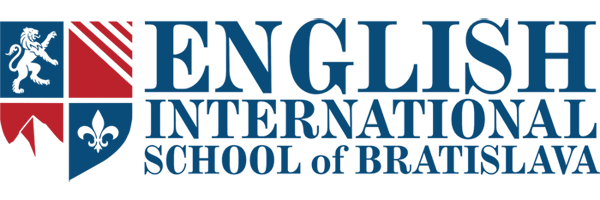The Individual Oral in the DP
In the International Baccalaureate (IB) Language and Literature course, the Individual Oral stands as a significant assessment, commanding attention from both students and teachers alike. This 15-minute endeavor, comprising a 10-minute oral presentation and a subsequent 5-minute question-and-answer session, carries substantial weight, contributing 20% of the final mark for Higher Level (HL) students and 30% for Standard Level (SL) candidates. For our DP 2 students, their official Individual Oral is quickly approaching, while DP 1 students are starting to already practice the skills involved and build their repertoire of works and texts they may be able to use in the future.
Unveiling the Individual Oral Prompt
At the heart of the Individual Oral lies a compelling prompt: “Examine the ways in which the global issue of your choice is presented through the content and form of one of the works and one of the texts you have studied.” This prompt guides students to delve into the intricate relationship between global issues and the content and form of literary and non-literary works they have encountered in their course.
Crafting the Individual Oral: A Strategic Approach
To execute this task effectively, students draw upon their learner portfolios, a repository of literary works, non-literary texts, and explorations of global issues accumulated throughout the course. Each student selects a representative extract from both a literary work and a non-literary text, ensuring that each extract remains within the 40-line limit. Unannotated copies of these extracts accompany the student into the oral examination.
The essence of the individual oral lies in constructing a compelling argument that dissects the chosen global issue through the lens of the selected extracts and the entire text or work. It demands an equilibrium in attention between the extracts and the holistic understanding of the chosen material. The study of non-literary texts is particularly emphasized, underscoring the significance of a comprehensive body of work.
Guiding Attributes of Global Issues
Students must bear in mind that global issues possess distinct attributes: they transcend national boundaries, have far-reaching significance, and manifest their impact in everyday contexts. This awareness serves as a guiding principle in unraveling the complexities of the chosen global issue.
The Role of Teacher Guidance and Monitoring
While students have the autonomy to select any text or work studied during the course, as well as their preferred global issue, teacher guidance is pivotal. Teachers play a crucial role in advising students on their choices, ensuring alignment with assessment criteria. It is advisable for students to finalize their choices towards the end of the first year or the beginning of the second year of study.
Assessment Criteria: A Comprehensive Overview
The Individual Oral is a multifaceted assessment, encompassing various skills. The assessment criteria, divided into four categories, outline the expectations:
Criterion A – Knowledge, understanding, and interpretation (10 marks): An exemplary demonstration of knowledge, understanding, and interpretation of the chosen extracts and the entire text. The interpretation should resonate with the selected global issue and be substantiated with relevant examples.
Criterion B – Analysis and evaluation (10 marks): A nuanced analysis and evaluation not only of the chosen extracts but also of the entire work or text. The student should exhibit a profound understanding of how authorial choices contribute to the presentation of the global issue.
Criterion C – Focus and organization (10 marks): The oral presentation should be structured coherently, demonstrating a balance between the literary work and the non-literary text. Logical focus and organization, with seamless connections between ideas, are essential for success.
Criterion D – Language (10 marks): The language utilized by the student should be varied, appropriate, and accurate, showcasing an academic register and a strong stylistic approach.
Preparation Strategies for Success
Success in the Individual Oral hinges on meticulous preparation. Students are encouraged to plan their use of language, structure their oral presentation in advance, and exhibit a profound understanding of course materials. While the IB provides a specific outline format for the presentation, students are advised against memorization, emphasizing the importance of authenticity and spontaneity in their delivery.
A Final Note on Assessment and Moderation
Internal assessment of the Individual Oral falls on the teacher, but external moderation by the IB adds another layer of scrutiny. Teachers are required to submit a sample of extracts and complete oral recordings for selected students. This underscores the importance of recording all orals in a quiet environment and maintaining comprehensive documentation.
In conclusion, the Individual Oral in IB Language and Literature is a holistic assessment that not only tests students’ understanding of course content but also their ability to articulate ideas coherently. Navigating this challenge requires strategic planning, teacher guidance, and a profound engagement with global issues as presented in literary and non-literary works.
Below you can find a link to a YouTube channel by IB examiner Adam Crossley, who walks students through the IO process and models what the IO should look like:
https://www.youtube.com/@AdamCrossley/playlists
And here is a link to two guys who have become quite well known to our DP students, David Giles and Andrew Cohen or better known as the IB guys. Their website offers comprehensive information and samples to help students in many aspects of the IBDP:
https://ibenglishguys.com/




